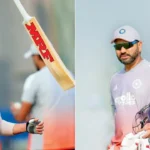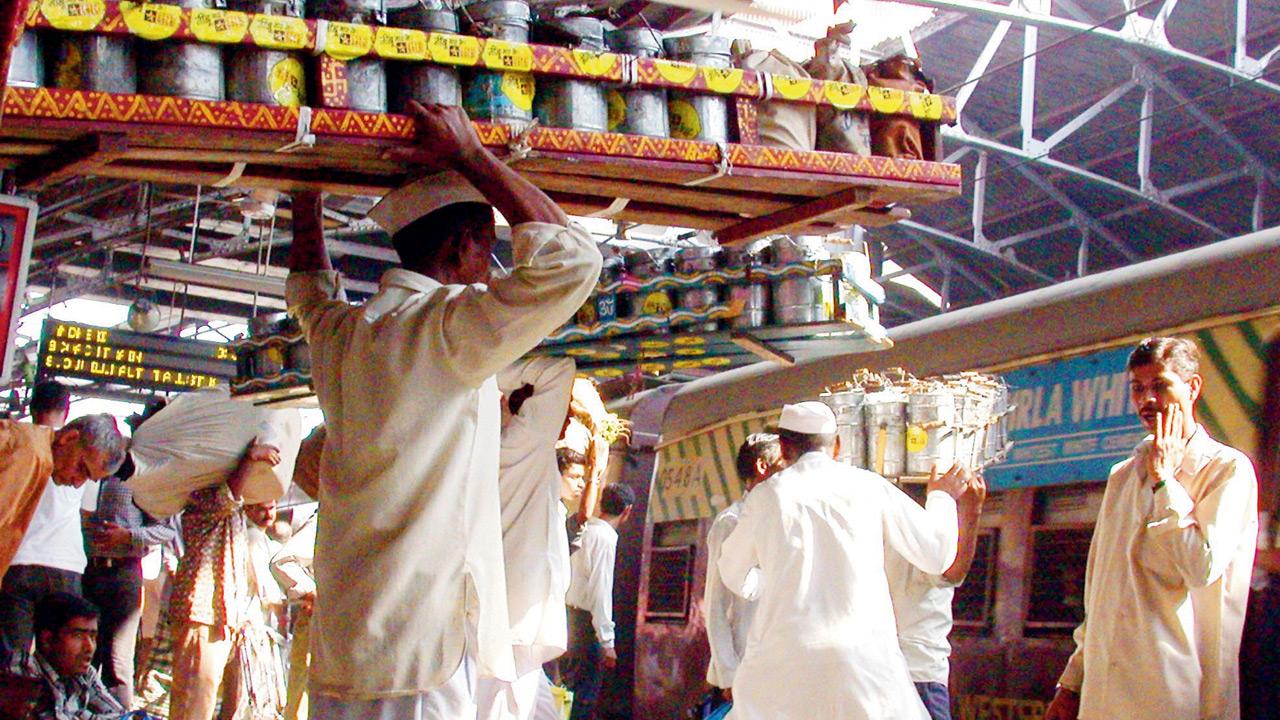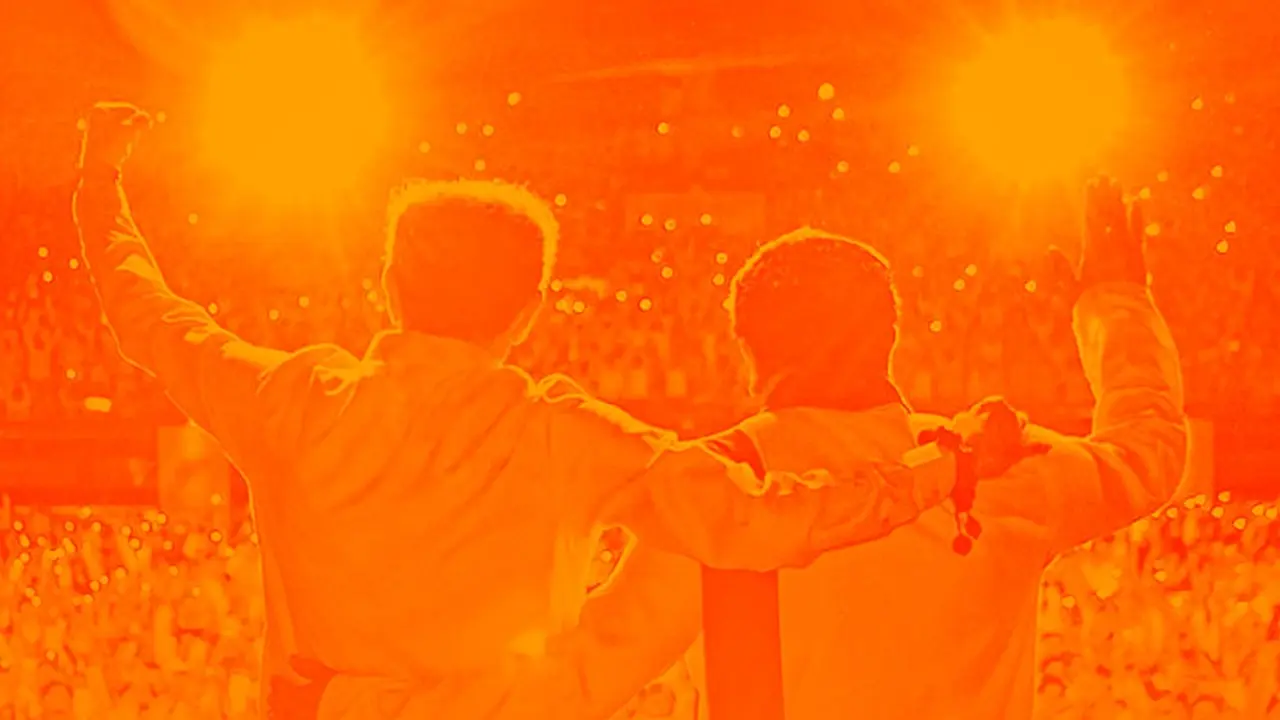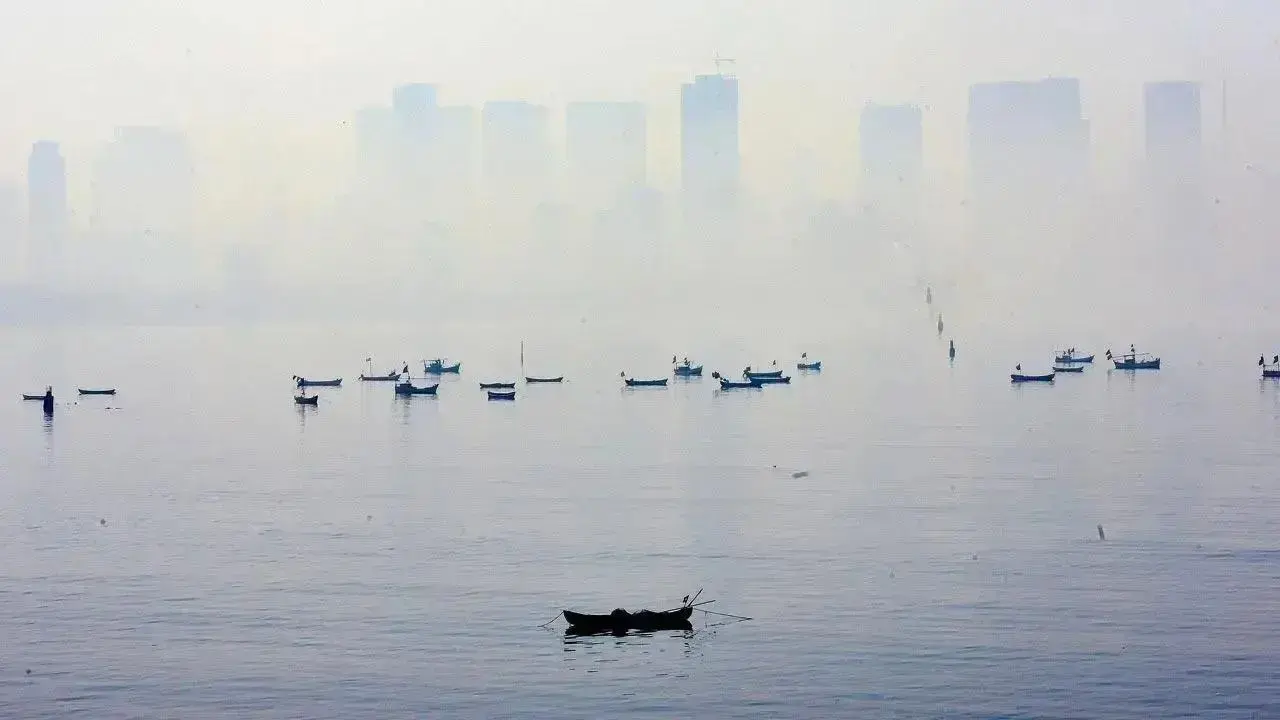As Mumbai’s Metro prepares to reach Colaba, home to the city’s oldest fishing community, not everyone is celebrating. Fishermen and dabbawalas, two of Mumbai’s most integral workforces, say they feel left out of the city’s newest transport revolution. Both communities — the fisherfolk of Colaba and the dabbawalas of Churchgate — have expressed disappointment, saying the Metro must not become a symbol of social divide.
“The fishing community and the Metro, its coaches and stations, don’t go hand in hand. Maybe that’s why fishermen and fisherwomen won’t be able to use these facilities,” said Damodar Tandel, president of the Akhil Maharashtra Macchhimar Kriti Samiti.
Fisherwomen waiting for a train at Malad station. File Pic/Nimesh Dave
“If the Metro’s purpose is to provide better transportation to every citizen without discrimination, then it must include provisions for fisherwomen carrying their daily catch or small-scale farmers transporting produce. Otherwise, the Metro will only create a status divide among citizens, a violation of Constitutional rights for those in primary occupations,” he said.
Tandel added that while the new Metro lines promise modern transport, they appear to have forgotten the very people who helped define Mumbai’s coastal character. “The design of Metro coaches and stations does not accommodate fisherwomen or small traders carrying goods,” he said.
‘Must be inclusive’
“If the Metro is meant to be equitable, it must reflect inclusivity. Otherwise, it risks becoming a symbol of exclusion, separating people by profession and class, which goes against the spirit of our Constitution,” he added.
Subhash Talekar, president of the Mumbai Dabbawala Association
Tandel also praised Indian Railways for showing inclusivity in their design upgrades. “After a mid-day report, the suburban AC EMUs are planning to introduce luggage compartments with separate ventilation, proving that inclusion is possible. The Metro must show the same sensitivity and foresight, so that fisherfolk and small traders aren’t left stranded outside their own city’s development story.”
Mumbai’s dabbawalas echoed similar concerns. “I had met former MMRDA chief UPS Madan during the design stage of the Metro network and requested luggage space in the coaches. It was my original demand, but no one paid attention,” said Subhash Talekar, president of the Mumbai Dabbawala Association. “Now the Metro is arriving at Colaba. The corporate people for whom we carry food can travel by Metro, but not their food. That’s the sad reality of this city,” he said.
A dabbawala near Churchgate. File Pic/Sayyed Sameer Abedi
Ulhas Shantaram Muke, president of the Nutan Mumbai Tiffin Box Suppliers Charity Trust, said, “Mumbai’s dabbawalas have a glorious history of over 130 years. Just as the local train is the lifeline of Mumbai, so are the dabbawalas. We deliver tiffins across the city despite crowds, traffic, and delays, and have been recognised worldwide for our service. With the Metro coming to South Mumbai, we appeal to the authorities to make space for us too.”
“The Indian Railways have separate coaches, and the Metros are an integrated single-unit train. It is not practically possible to attach a luggage compartment to the Metro, but some design interventions can be brought in behind the driving cab at either extreme ends of the train, segregating it from the rest of the train. A design will have to be neatly discussed with the stakeholders and made to customise it for the city,” an expert at the Metro factory said.







